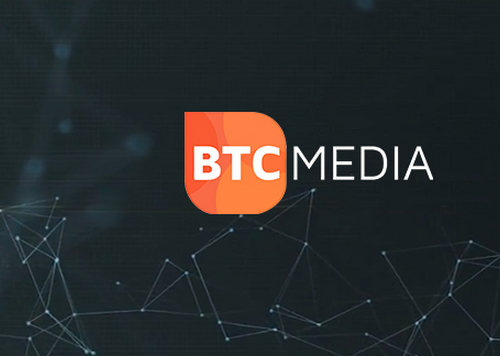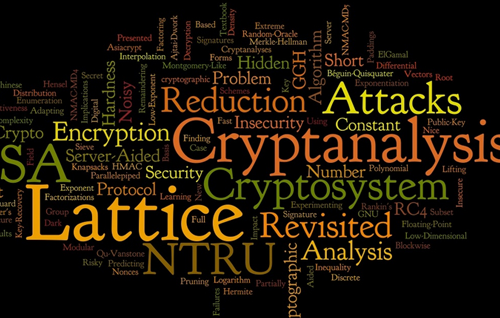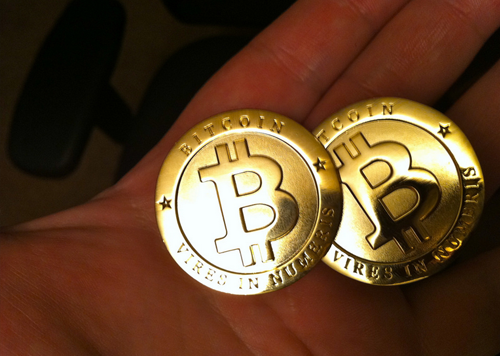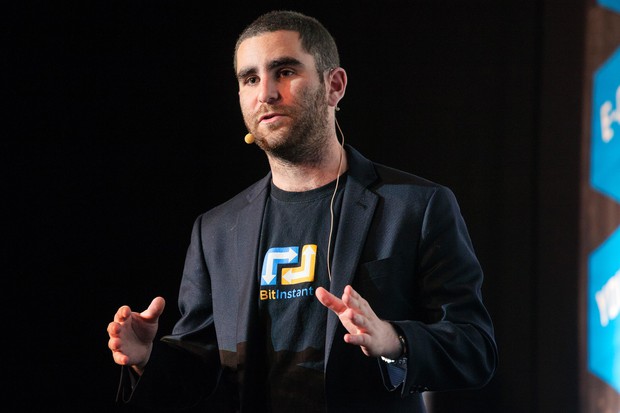Updated: Tuesday, January 20
Last Wednesday at the Decentral meet-up, part of the discussion touched on the idea that while it’s getting much easier to SPEND bitcoins, buying bitcoins is still a pretty daunting task.
Sure, there are a few bitcoin ATMs sprinkled around the world, (including one here at Decentral), and there’s also LocalBitcoins as an option. But what if you don’t live in a city with a BTM? What if there isn’t a LocalBitcoins trader handy? Or if you don’t feel like schlepping across town to find the BTM or the trader?
This lack of access to coins was lamented as a real barrier to adoption. Why would anyone in the Western world go to the trouble of sourcing out bitcoins when fiat money is so darn handy? And using PayPal for online purchases or accepting payments? Piece of cake!
Philosophical arguments aside (and yes, those definitely came up!) I thought I’d try to challenge this premise by going right back to the roots of setting up a bank account, a PayPal account, and an account on an exchange. Since I’ve never tried to set up a new bank account with a new bank online, and it’s been 10 years since I set up my PayPal account, I decided to start from scratch. I’m not much of a techie, so I figured, if I can sort my way through the processes, anyone can.
(Note: I could also have gone into the process of applying for a new credit card but chose not to go through that whole thing too. Suffice to say, the last time I got a card, it took a good week and a half to get it delivered and the PIN number – mailed separately – got lost in the mail.)
For now, let’s imagine I live in Northern Ontario. There are no BTMs and the nearest LocalBitcoin trader is a dogsled ride away. But there is a bank down the road and I have a decent Internet connection.
Scenario 1: Get an online bank account.
To get a bank account at one major Canadian bank, here is what they want me to do:

That’s a lot of personal information. And some of it has to be mailed, depending on the option I choose.
So I go through the process of applying for my account. That part is pretty quick and easy. Verfying my account, however, requires that I ALREADY HAVE an account at another bank. Otherwise, I have to go into a branch in person. So much for getting all set up strictly from the comfort of my living room.
Scenario 2: Set up a PayPal account:
Some of us at the meet-up talked about the ease of using our existing PayPal accounts to make and accept payments. Again, philosophical arguments aside, I decide to investigate how easy it is to work with PayPal, starting from the account sign-up stage.
Signing up with PayPal is also pretty easy. I just use my email address for verification, and it takes about 5 minutes.
So I now have my new bank account and new PayPal account.
Scenario 3: Set up an account at a bitcoin exchange
First, I open a new account on the QuadrigaCX exchange and it takes about 5 minutes. Now, if I want to buy bitcoins, I need to fund my account; that is, I need to put money into my Quadriga account so that I can use the money to buy bitcoins. Quadriga offers a few ways to do this:

If I want to get my bitcoins, I’ll need to transfer money from my bank. Getting my money transferred right away using INTERAC Online will cost me at least $5 and I’ll need to get verified. These are the documents Quadriga asks for in order to get verified.
- My phone number
- Scan of a Passport or Drivers license (Must be in colour)
- Scan of a bank statement or utility bill showing my name and full address
- Photo of me holding the ID that I have provided
Once I email or upload these documents to the site’s secure server, it can take up to 48 hours for them to get verified. That is a bit of a set-back if I want to buy bitcoins today.
Scenario 4: Set up an account at a digital currency retailer
Undeterred, I also open an account with Harbor.ly. The verification process at this digital currency retailer is pretty simple as well, but if you aren’t comfortable using social media as third-party authenticators, this site might not be for you.

Next, I have to hook my Harborly account up to my bank account. Once again, like QuadrigaCX, it’s going to take up to 48 hours to get a new account verified.

So, yes, getting set up online to buy bitcoins can have a bit of a delay while your account is verified. Keep in mind that most of these processes are part of KYC compliance requirements.
On the other hand, the amount of personal information that I handed over to the exchange and retailer is comparable to setting up a bank account and a PayPal account.
It’s also going to take about a week for me to get my new bank card in the mail. There are plenty of delays no matter what you’re trying to do.
All set up and ready to get me some BTC
Now, let’s look at costs:
- Harborly charges 1% on transactions
- QuadrigaCX charges 0.05% on all completed trades.
With QuadrigaCX, once I have my account verified and funded, it only takes me a few seconds to buy my bitcoins. And if I want to sell my coins and transfer the money to my bank account, it usually takes a few hours for an e-transfer to go through.
Let’s look at what it costs to move money around with PayPal. It has a pretty complicated fee schedule. Here is what it would cost me to receive $500 from somewhere within Canada:

Whoa. In my case, I have several US clients. That costs even MORE to get paid by them.
But now, let’s look at how long it takes to actually GET funds. Some banks will hold deposits on new accounts for up to 5 business days. When I get paid by clients using PayPal, it takes 3-5 business days for funds in my PayPal account to show up in my bank account. So there is still a significant waiting period involved there.
UPDATE: Another way to get BTC online right away
I also tried buying some bitcoins on QuickBT. If you really want to get your hands on a small amount of bitcoin ASAP, you can buy up to 0.2BTC almost instantly. All you need is a wallet address (if you don’t have one, they provide a links to Blockchain.info and Coinkite), a phone number, and an email address.
I entered my wallet address and got an instant quote:

Then I entered my phone number, received a PIN code, and paid online from my bank account via INTERAC. (Note: I couldn’t use my new bank account yet since I still had to wait another week or so for my new bank card.)
Moments later, I had my bitcoins and a confirmation was emailed to me.
By far, this was the quickest and most convenient way to get started with bitcoins. The only drawbacks are that (a) you can only buy a small amount in any given day, and (b) it will cost you more (about 10.5% in fees) than waiting a few days and buying through sites like QuadrigaCX or Harborly.
My conclusion:
I will grant that since most of us have bank accounts and some of us are already hooked up with PayPal, the pressing need to set up an account at a bitcoin exchange isn’t really there unless we really want to get our hands on some bitcoins. Of course it is easier to stick with what you know. But if you are willing to wait a day or two to get verified on an exchange like QuadrigaCX or Harborly – or get started in minutes on QuickBT if you are willing to pay a bit more – there are definite benefits. It’s not really as onerous a task as you might have thought.
When you compare the effort involved in setting up an online bank account to setting up an account on a bitcoin exchange, it’s not all that different. The main difference, of course, is that you probably already have a bank account. In the end, however, I’ve found it has saved me both time and money to move funds around in bitcoin, so it seems to have been well worth the small initial effort.
For another interesting discussion on this topic that has more of an international/American bent to it, check out this Reddit thread that, coincidentally, popped up over the weekend:
http://redd.it/2ss6ee
So – how do you buy your bitcoins?












 Made in Canada
Made in Canada